Washingto, Dec 25, (V7N) - President Joe Biden’s decision to commute the sentences of nearly every federal death row inmate to life in prison has sparked a heated debate over the morality of the death penalty and what justice means for the victims' families.
On Monday, Biden commuted the sentences of 37 out of 40 federal death row prisoners, a move that faced criticism from both sides of the political spectrum.
Criticism from Opponents
Biden's decision faced backlash from several quarters. A spokesman for President-elect Donald Trump, along with Republican members of Congress, condemned the commutations. Some criticized Biden for overstepping the role of courts and juries. Republican Senator Tom Cotton of Arkansas called for an investigation into the legality of Biden’s actions, arguing that the convicted killers had been sentenced to death by a jury of their peers and had gone through a lengthy appeals process.
Rep. Chip Roy, a conservative from Texas, also condemned the decision, accusing Biden of using his pardon power to "carry out a miscarriage of justice."
Additionally, some anti-death penalty activists argued that Biden had not gone far enough, saying that the commutations should have applied to all federal death row inmates. Rev. Sharon Risher, whose mother and two cousins were killed in the 2015 Charleston church shooting, said, “When you put a killer on death row, you also put their victim's families in limbo,” and argued that Biden should have commuted the sentence of the shooter, Dylann Roof.
Support for Biden’s Decision
On the other hand, Biden received support from those advocating for an end to the federal death penalty. Many praised his moral leadership and saw the commutations as a step toward fulfilling a campaign promise to end federal executions.
Biden stated in a message that he could not, "in good conscience," allow the planned executions to proceed, citing his past work as a public defender and Trump's support for the death penalty as factors in his decision. He also emphasized his personal conviction that the death penalty should be abolished at the federal level.
In a statement, Biden expressed his belief that the federal government must stop using the death penalty and that he could not allow a new administration to resume executions. "In good conscience, I cannot stand back and let a new administration resume executions that I halted," he said.
The Three Exceptions
Biden commuted all but three of the death sentences. He did not commute the sentences of Robert Bowers, convicted for the 2018 Tree of Life synagogue shooting in Pittsburgh, Dzhokhar Tsarnaev, convicted for the 2013 Boston Marathon bombing, or Roof. These cases were controversial, and Biden faced criticism for not extending mercy to these convicted criminals.
Former Republican congresswoman Jean Schmidt, who witnessed the Boston Marathon bombing, expressed disappointment that Tsarnaev’s death sentence had not been commuted. “I believe he deserves life in prison without parole,” Schmidt said.
Biden’s Legacy and the Future of the Death Penalty
The commutation decision also highlights the ongoing debate within the Democratic Party. While many Democrats supported Biden’s action, some voiced concern. Rep. Mike Quigley, a Democrat from Illinois, expressed reservations about overturning court decisions. He argued that commutations and pardons should be reserved for cases where justice was not served.
Supporters of Biden’s decision, including Rep. Ayanna Pressley of Massachusetts, hailed it as a demonstration of moral leadership. Senate Judiciary Committee Chairman Dick Durbin also supported the decision, emphasizing that life imprisonment without parole would ensure these individuals never posed a threat to public safety while avoiding the issues associated with capital punishment.
The commutation move follows growing pressure from anti-death penalty activists and international figures like Pope Francis, who urged Biden to prevent federal executions. Biden’s decision may mark a significant moment in the ongoing debate over the future of the death penalty in the United States.
END/SMA/AJ/



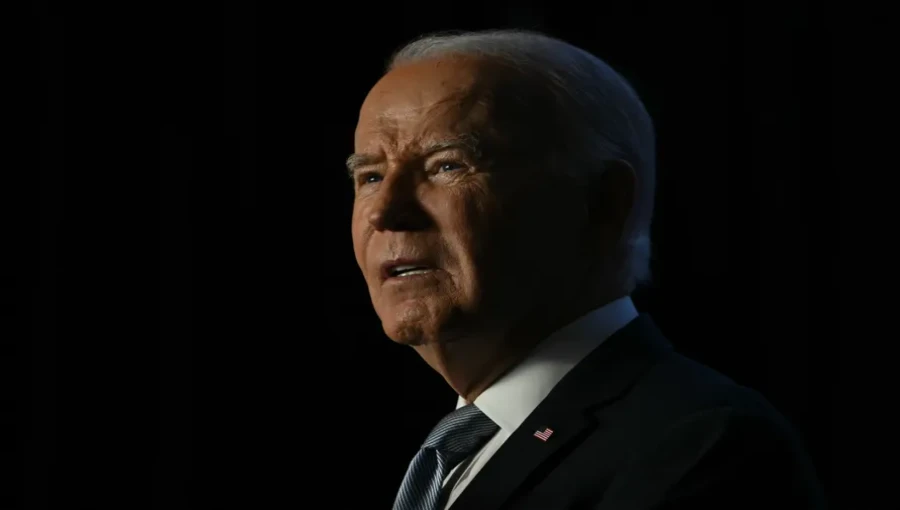




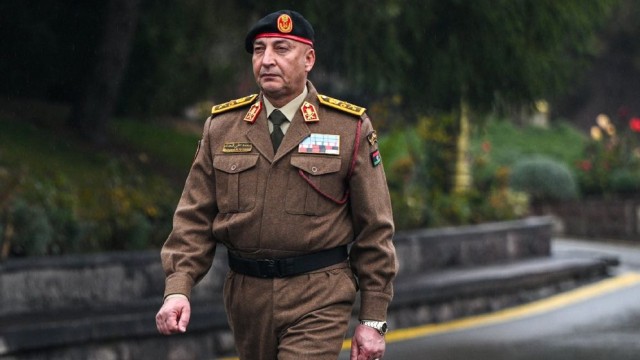
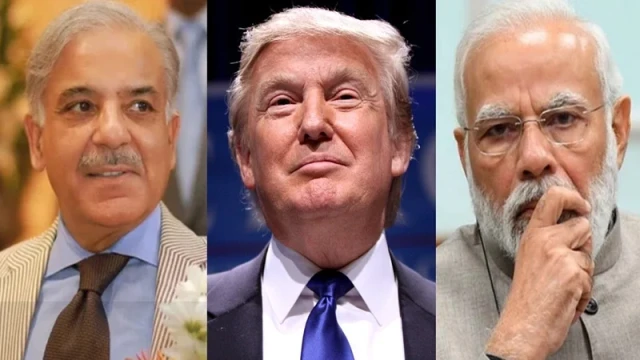











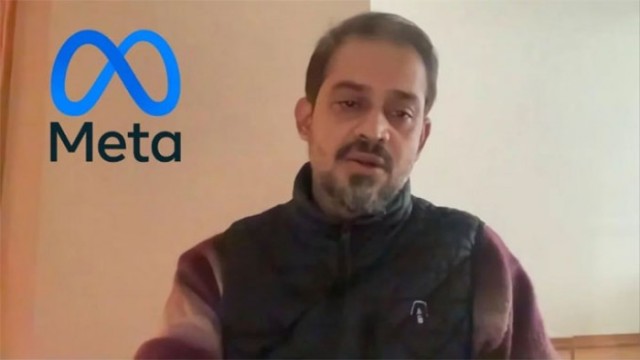






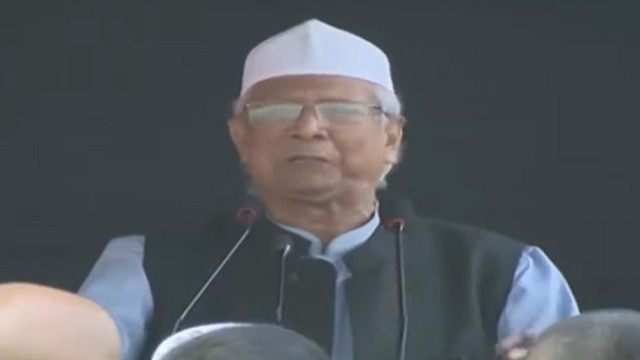

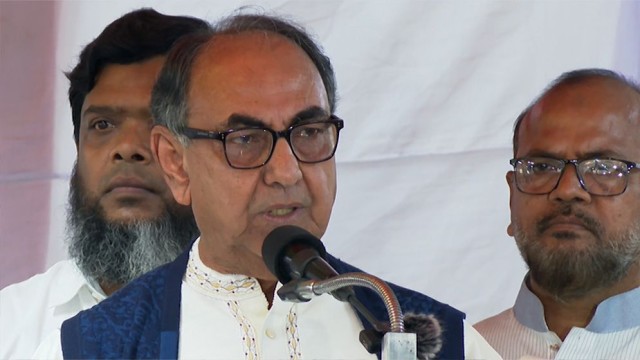
Comment: